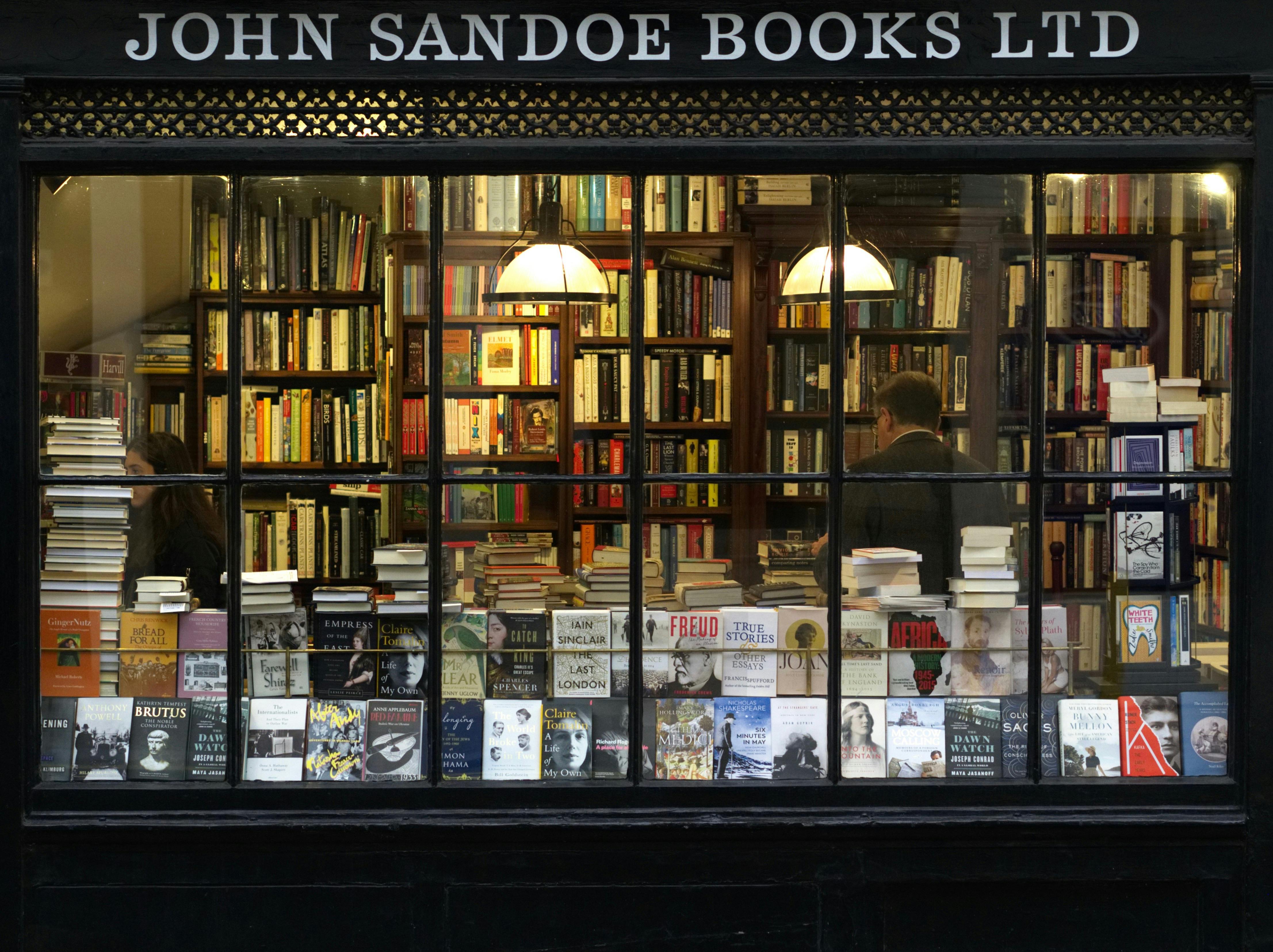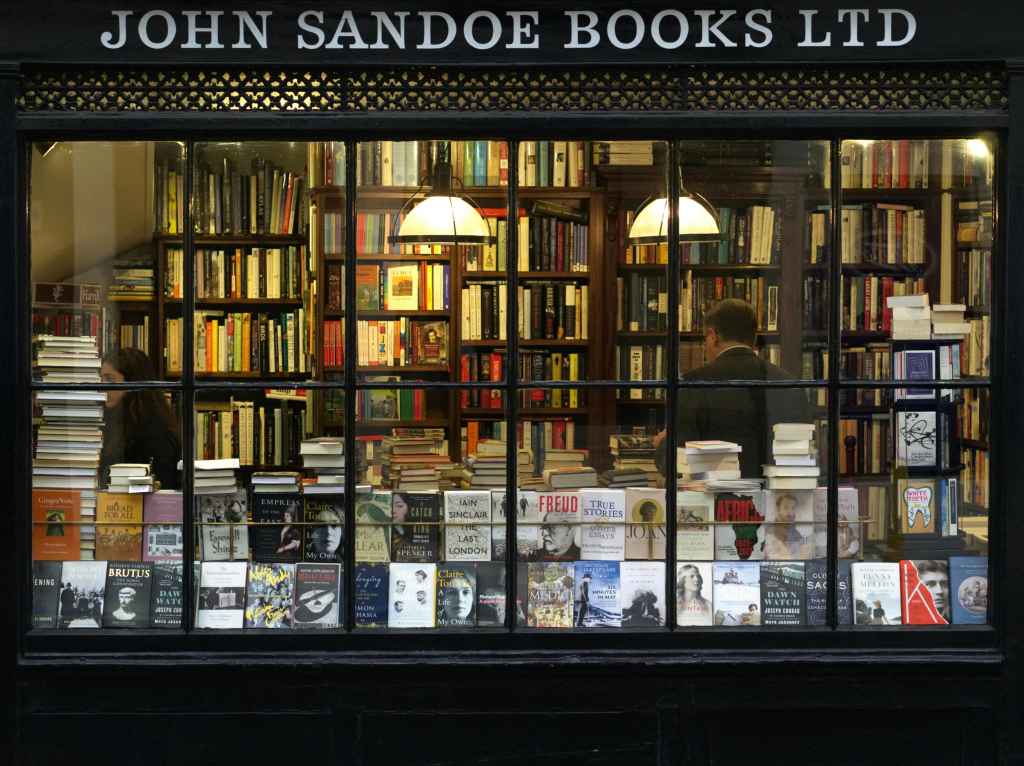
Authorial Engagement: Participation and Visibility Mechanisms
The pathways for an author to become involved in the IAP are deliberately kept accessible. The goal is to encourage the widest possible participation from the independent community across the North American continent, making the barrier to entry as low as possible while keeping the standard for success high. This dual commitment—low barrier, high standard—is the project’s defining operational strength.
The Free Submission Gateway for North American Independent Writers
A critical feature that underscores the program’s commitment to removing barriers is the submission process itself. Independent authors originating from the United States and Canada are invited to submit their work for contest consideration completely free of charge. This zero-cost entry point ensures that financial limitations—a significant hurdle for many self-funded authors—do not prevent any talented writer from having their work evaluated by industry professionals and librarians.
For the 2025 contest, which closed in May, authors simply needed an indie-published eBook in one of the eight main genres, or they could use the general submission path if their genre wasn’t featured that year. The process takes mere minutes to initiate. This stands in stark contrast to the high submission fees often charged by smaller, less established contests. The IAP leverages its institutional backing to absorb the initial administrative costs, prioritizing access over immediate revenue generation from submissions. This commitment is essential for maintaining a broad pool of candidates for the librarian judging panels.. Find out more about Indie Author Project community validation for creators.
Opportunities for Dedicated Readers to Influence Curation as Contest Judges
The project extends the opportunity for deep community involvement beyond just the authors and the professional curators. In a world increasingly driven by invisible algorithms, the chance for a dedicated consumer to directly influence the selection process is rare and incredibly valuable. Readers who possess a genuine passion for literature and a drive to engage more actively with the curation process are given avenues to sign up and serve as judges for the annual contests.
This mechanism democratizes a significant part of the selection process, bringing the voice of the dedicated consumer directly into the evaluation pipeline alongside industry professionals. If you are a reader who finds yourself constantly recommending obscure gems to friends, this is your chance to formally lend your expertise. Details on signing up to become a judge are typically released around the same time as the contest launch in the spring. Serving as a judge not only provides fascinating insight into what makes a book “library-ready” but also connects the reader directly to the community-building mission of the IAP. For authors, this means their work is being evaluated by people who are also the end-users, a highly valuable form of feedback.
Practical Tips for Author Participation:. Find out more about Indie Author Project community validation for creators guide.
Future Trajectories and the Sustained Relevance of Curated Independence. Find out more about Indie Author Project community validation for creators tips.
As the e-book sector continues its rapid technological integration—with new platforms emerging and existing ones consolidating or shifting their models (such as the recent platform consolidation seen by some library systems in late 2025)—the role of the Indie Author Project is likely to expand, not diminish. Its focus on quality curation within an open distribution framework positions it perfectly for the future of library acquisition.
The Enduring Significance of Structures That Validate Quality Outside Traditional Gatekeeping Mechanisms
In a future increasingly shaped by automation and opaque algorithmic discovery—where readers often see only what a platform *wants* them to see—the human-centered validation provided by the IAP will only grow in intrinsic value. This is the core argument for its long-term success. While AI summarization tools and recommendation engines improve, they struggle to replicate the nuanced understanding of cultural relevance and narrative quality that experienced librarians and editorial partners bring.
By maintaining rigorous editorial standards and leveraging the expertise of librarians, the project ensures that truly exceptional independent work is highlighted and made available. This mechanism serves as a necessary counterweight to market saturation. It confirms that quality, diversity of voice, and local relevance will continue to play a defining role in the literary landscape of 2025 and beyond. For authors, this means that focusing on craft and pursuing external validation from trusted sources like the IAP remains a more durable strategy than trying to game ephemeral digital trends. For those interested in the broader trends affecting digital platforms, a look at the concept of platform decay provides context for why human-centric curation is so vital right now.
The project’s structure, which allows winners to opt into royalty-paying collections via platforms like OverDrive and The Palace Project, is a masterclass in sustainable partnership. It aligns the financial success of the author with the collection goals of the library, a rare alignment in modern publishing. Libraries, always seeking ways to enrich their offerings affordably, find in the IAP a curated pipeline of reliable, vetted digital content. This is especially important as institutions navigate changing funding realities.
To ensure authors and libraries are prepared for the next phase of digital lending, staying informed about the technology underpinning these systems is useful. For example, understanding the shifts in major library platforms helps contextualize why vetted collections are preferred. Those curious about the technological underpinnings of modern digital services can research the concept of library ebook platform technology.
To summarize the value proposition for the next several years:
Conclusion: Actionable Insights for a Community-Driven Literary Future
The Indie Author Project, as it stands in late 2025, is far more than a contest; it is a vital piece of infrastructure in the North American literary commons. Its intangible impact—the resonance of validation felt by a creator and the strengthened communal bonds it forges—is its true legacy. By providing a zero-fee entry point for American and Canadian writers and simultaneously offering libraries a vetted, financially sustainable source of diverse, local content, it solves two of the biggest problems facing modern publishing simultaneously.. Find out more about Librarians supporting local creative constituencies definition guide.
Key Takeaways for Creators and Librarians:
For the Independent Author, the message is clear: Invest in quality, respect the craft, and submit your work. The path to professional recognition does not require massive marketing capital, but it does require passing a high bar set by your peers and librarians. Winning an IAP contest, or even just being selected for the general collection, opens doors to royalties and visibility that are difficult to achieve elsewhere in the independent sphere.
For Library Professionals, the IAP is a strategic asset. It is the easiest way to tangibly support local arts while simultaneously enriching your digital catalog with content curated by actual readers and subject matter experts. When you acquire IAP Select titles, you are not just buying an eBook; you are investing in the cultural identity of your service area, and you are supporting a proven, non-exploitative model for digital content access.
Call to Action:. Find out more about Free submission gateway for North American independent writers insights information.
Are you an author in the U.S. or Canada? Mark your calendar for April 1st, 2026! Start polishing your best work now, review the submission guidelines, and prepare to claim the professional validation you deserve. Visit the IAP site to see the list of winning authors from the recent 2025 cycle and see what level of recognition is possible.
Are you a dedicated reader eager to shape local culture? Look for information on becoming a contest judge for the next round of evaluations. Your passion for literature is needed to help librarians curate the next wave of essential independent voices.
The literary world needs structures that prioritize quality and community over pure algorithmic noise. The Indie Author Project continues to be one of the strongest examples of that necessary counterbalance, proving that when libraries and creators work in concert, the entire reading community wins.
For more on how these community models affect the publishing world at large, read up on the importance of independent publishing trends across North America.





